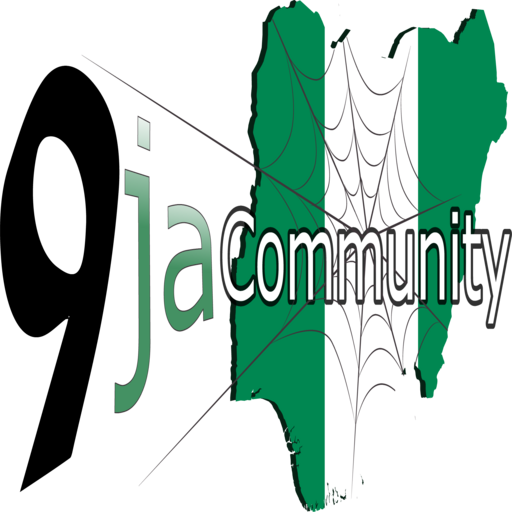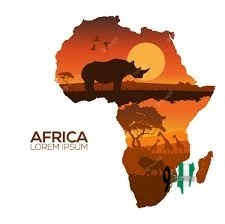Africa is a vast, diverse continent with over 50 countries and a population exceeding 1.2 billion people. The people of Africa represent hundreds of different ethnicities and speak more than 1,000 languages. The various cultures across the continent are rich and varied, reflecting the long and complex history of the region.
Much of Africa was colonized by European powers during the late 19th and early 20th centuries. This colonialism had a major impact on the development of the continent's politics, economies, and societies. Despite the end of formal colonial rule, many African countries still grapple with the legacy of colonialism and its lasting effects.
Africa is home to a wealth of natural resources, including oil, diamonds, gold, and numerous minerals used in electronic and industrial production. However, many African countries struggle to reap the benefits of their abundant natural resources due to corruption, poor governance, and exploitative relationships with foreign investors.
The continent is home to a wide range of polities, from small city-states to sprawling empires. These polities have been shaped by a variety of factors, including geography, religion, and historical events. African societies have also been shaped by the arrival of various religious traditions, including Christianity, Islam, and traditional African religions.
African commerce has historically been built around trade networks that crisscrossed the continent. Today, African nations are working to increase regional integration and promote intra-African trade. Some economists see this as an important step in building a more sustainable and diversified African economy.
Religion plays a central role in many African societies, with a mix of traditional beliefs and imported religious traditions. Christianity and Islam are both widespread across the continent, while traditional African religions remain important in many areas. Religious practices often reflect local culture and historical practices.
African lifestyles vary widely depending on geography, ethnicity, and other factors. Rural Africans may work as subsistence farmers or herders, while urban Africans may work in a range of industries. Many African societies prioritize family and community over individualism, and cultural practices such as communal meals and extended family networks remain important.
Overall, Africa is a fascinating continent with rich history and culture, diverse societies and economies, and a wealth of natural resources. Despite its challenges, many Africans are working to build sustainable, equitable, and prosperous futures for themselves and their communities.
0 Reacties
0 aandelen
2K Views



